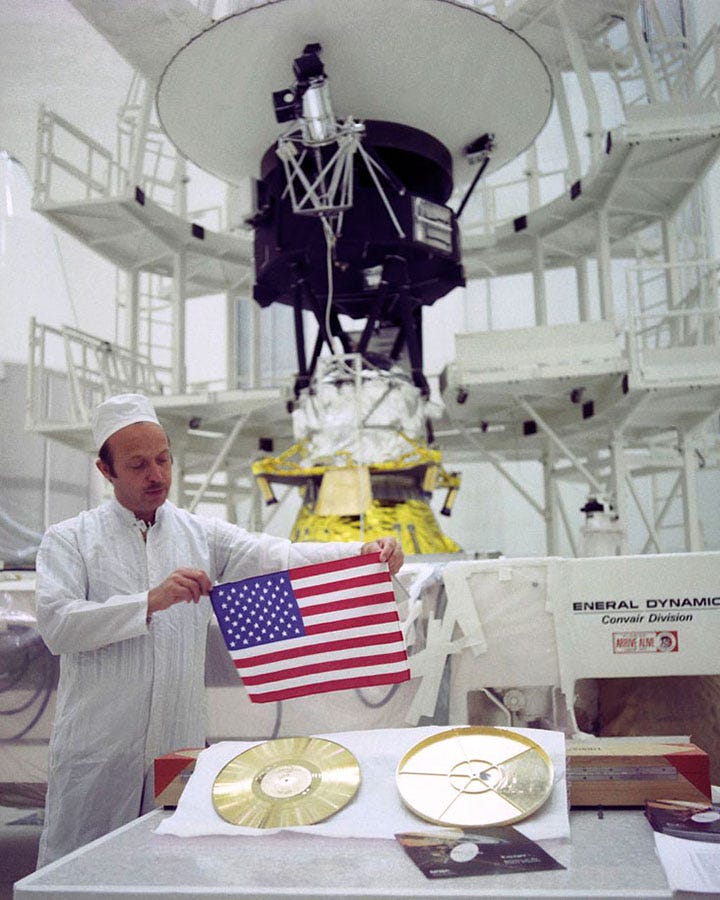TL(PM) DIGEST: Go south, young man
Plus Germany's first-ever national security strategy, public support for abortion rights rises, and resignations and arrests hit UK politics

1. Look to the South to find America’s new industrial heartland
What happened? The Economist reports on how a massive influx of federal dollars from President Biden’s industrial policies and new, complementary private investments have transformed the South into America’s new industrial heartland.
Why does it matter? Automakers have been active in the South for decades, but states from Texas to Virginia are taking full advantage of new manufacturing and clean energy incentives on offer from the government to shift the overall industrial balance in the country from the Midwest to the South:
The industrial policies crafted by Mr Biden’s administration—notably, incentives and rules to boost the production of semiconductors, renewable energy and electric-vehicles (EVs)—have catalysed a surge in investment, much of it in the South. S&P Global Market Intelligence, an analytics company, calculates that about two-thirds of planned EV jobs will reside there. The White House maintains a tally of investments in “21st-century industries” since Mr. Biden took office: the South has received more than twice as many as the Midwest. The Midwest is getting plenty of new factories, too. It is just that the balance has tilted southward.
For a glimpse, visit the once-sleepy fields of south Hardin County in Kentucky. New high-voltage lines run to a giant lot where thousands of construction workers have already completed the grey carapace of one warehouse-like building and are busily putting up a second. It is a 1,500-acre supersite—roughly equivalent to about 1,140 American-football fields—given in 2021 to Ford and SK, a South Korean industrial group, for an EV battery joint venture.
TLP’s take: The revival of manufacturing in the South and other regions of the country is a tremendous boon for the entire United States. More jobs, more businesses, and more money in people’s pockets—in more places—is good for everyone. Our polarized politics may not reward or even acknowledge these effective policies, but as Americans we should all celebrate economic development wherever and however it occurs.
2. Germany publishes first-ever national security strategy
What happened? Chancellor Olaf Scholz’s government released Germany’s first-ever national security strategy, a seventy-six page document that named Russia as the country’s “most significant threat” and noted that China had acted increasingly as a rival and competitor in recent years. The strategy also reiterated Germany’s pledge to dedicate two percent of its gross domestic product to defense while pledging to “pay special attention to the interests of women and disadvantaged groups” as well as climate change.
Why does it matter? As a key NATO ally and Europe’s dominant economy, Germany’s foreign policy direction remains of keen concern to the United States and other NATO member nations. This new national security strategy marks another step in Berlin’s slow and tortuous road to a more robust foreign policy approach.
TLP’s take: While America and a number of Germany’s other NATO allies would prefer Berlin to reorient its foreign policy with greater alacrity, it’s important to recognize just how much Germany’s foreign policy has changed since Russia’s invasion of Ukraine. That doesn’t mean the United States or other countries should stop encouraging Berlin to move further and faster, but we shouldn’t speak about Germany’s foreign policy as if remains stuck in the year 2015.
3. Vast majority of Americans believe abortion should be legal in the first trimester
What happened? New polling from Gallup shows a record high proportion of Americans—69 percent—saying that abortion should generally be legal in the first trimester of pregnancy.
Why does it matter? More than six in 10 Americans have supported legal abortion in the first trimester since 1998 according to Gallup, including 71 percent of women and 66 percent of men in the most recent survey as well as three quarters of independents and just under half of Republicans.
But support for legal abortion in the first three months of pregnancy has now hit a new high in the wake of the Supreme Court’s Dobbs decision. While it remains well below majority status in both cases, public support for legal abortion in the second and third trimesters has also hit new highs.
TLP’s take: If there’s any national consensus on the issue of abortion, it’s on keeping abortion fully legal for the first three months of a pregnancy with some less-defined restrictions in later terms. Public sentiment is clear: harsh early-term bans and restrictions, like those in Texas or Florida, do not enjoy support among most Americans. State and federal laws should reflect this reality: women should have full control of their own lives and reproductive decisions for at least the first three months of pregnancy when most abortions take place anyway.
4. Resignations and arrests rock UK politics
What happened? Former prime minister Boris Johnson announced his resignation from Parliament last Friday, accusing a House of Commons committee investigating parties Johnson held during pandemic lockdowns of trying to hound him out of Parliament. Two days later, former Scottish National Party head and first minister Nicola Sturgeon was taken into custody and questioned by Scottish police about her party’s funding and finances.
Why does it matter? Both Johnson’s Conservative Party and Sturgeon’s SNP have moved on from their former leaders, but their respective falls from grace show just how fickle British politics can be. Moreover, Sturgeon’s arrest goes to show that political leaders around the world routinely face legal consequences when credibly suspected of criminal action.
TLP’s take: One of the key promoters of Britain’s disastrous decision to leave the European Union, Johnson held his nation’s highest elected office for over three years but had little to show for it. Sturgeon, meanwhile, joins a long list of political figures in democracies facing legal scrutiny for financial shenanigans—charges far less serious than those formally filed against former president Trump in a Florida courtroom yesterday.
Just one more thing…
On Flag Day, learn a little bit about all the American flags NASA has sent into orbit and onto the Moon, Mars, and beyond over the past six-plus decades.





